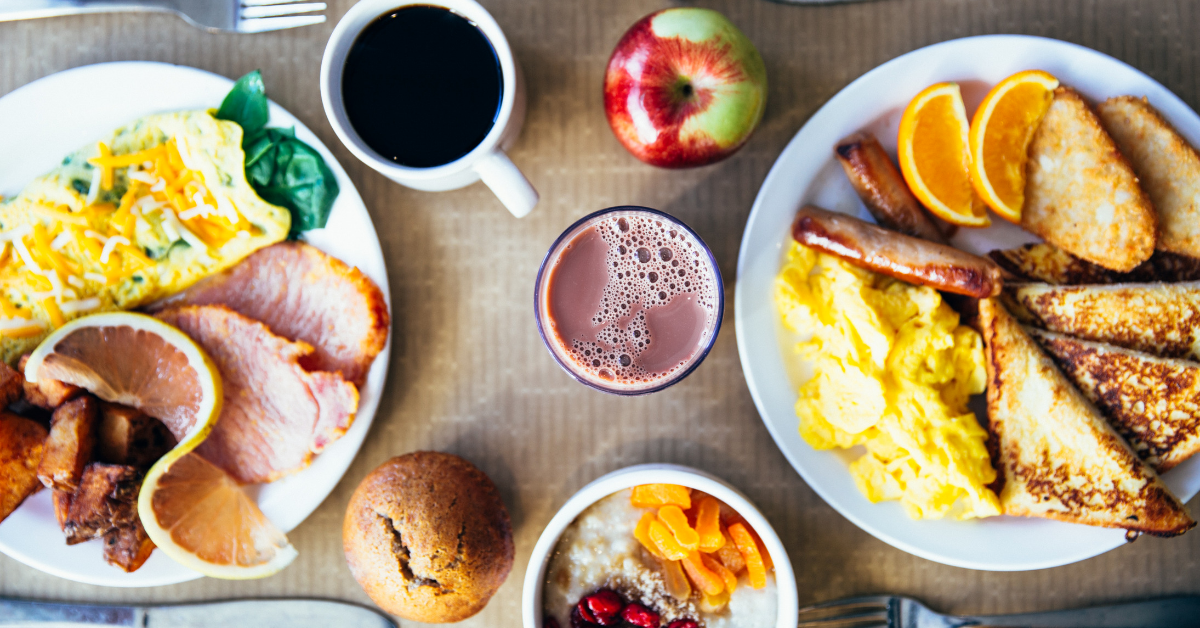
Casting off old messages about food and finding balance, with Timika Chambers, CDE.
Many people with diabetes (PWDs) struggle with balancing their meals; often, PWDs put everyone else's opinions above their own. Some continue the same eating habits they had as a child and hold unto ingrained messages such as “you have to clean your plate,” “you only get dessert if you are good, “ or hold on to resentment because they could not leave the table until they finished all of their vegetables.
We all need to find out what works for our own body. It is never too late to reprogram your brain and body to enjoy a healthy way of eating. Although our bodies’ structure is generally the same, finding the right balance for your body is crucial to a healthy and sustainable way of living.
Here are five tips that can help you reevaluate your long-held beliefs about food and put your life back on track.
There are no designated foods for meals.
For example, breakfast does not need to consist of traditional foods such as eggs, pancakes, toast, and bacon. Instead, think of macronutrients (carbohydrates, protein, fat) and micronutrients (calcium, magnesium, and potassium), and other nutrients that your body needs. It is okay to have leftover stir-frys, salads, and lettuce wraps for breakfast.
Eat until you are 80% full.
You do not have to eat everything on your plate. The Okinawans in Japan have a lesser Body Mass Index by practicing Hara Hachi bu; they eat until they are 80% full. Listen to your body. When your body tells you that you are full, believe it. Extra calories can lead to extra weight, high blood pressure, and high cholesterol numbers.
You are not defined by the amount of food on your plate.
Some people associate their worth with how much food is on their plate. Your body does not need a large portion of food to maintain balance. Healthy eating is not about the quantity of food; healthy eating is about choosing high-quality foods to meet the needs of your body.
Give your body time to digest your food.
A full stomach does not equate to a good night’s rest. Give your body at least three hours to digest your food. Your digestion slows along with your biological rhythm. Laying down on a full stomach can lead to digestive issues such as heartburn and constipation. Eating like a king is not the same as having a full plate.
Treat dessert as dessert.
Try to avoid seeing dessert as something you get when you are good. Many people have emotional ties with sweet treats. Consuming large amounts of sugary snacks and drinks such as candy, ice cream, cookies, and soda can have devastating effects on your blood sugars.
What are some of your long-held beliefs about food? Are these beliefs working for you or against you?
To Your Best Health & Life!

